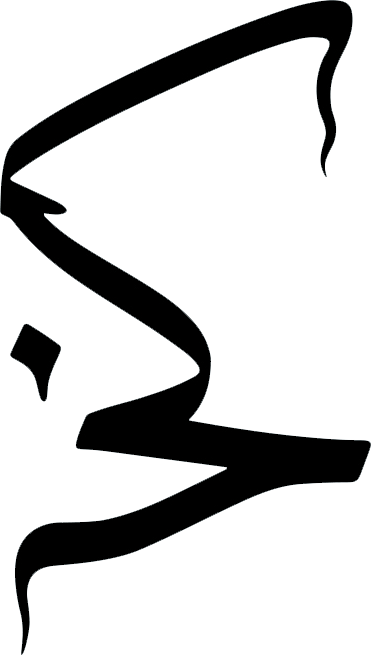The Bunker Gallery
by Sebastian Shehadi
Countries are homes, writ-large.
Lebanon’s mountains, valleys, and coasts are littered with abandoned concrete skeletons from the Lebanese Civil War (1975-1990). Walking through the mountain village of Shimlane, I found myself in one of these shells. Accompanying its majestic view over Beirut was, to my surprise, an intact gun-point bunker in what was originally the home’s living room. Moreover, where may have once hung paintings and mirrors, were walls awash with political graffiti, ostensibly from the civil war. Most striking in this exhibition of wartime ‘art’ was the collection of ‘foreign pieces’ referring to Israeli, Palestinian and Syrian fighters. Indeed, the Hebrew graffiti—most likely left by the Israeli Defence Force (IDF)—alludes to “Operation Peace for Galilee,” the official name for Israel’s invasion of south Lebanon in 1982 that aimed at crushing Palestinian militancy. Other graffiti from the Democratic Front for the Liberation of Palestine (DFLP) refers to atrocities committed at Palestinian camps during the war, most likely at Sabra and Chatilla in which the IDF were complicit. On another wall is spray painted with “Al-Assad” in reference to the former Syrian President, Hafez, who sent troops into Lebanon in 1976. Elsewhere, national Lebanese political groups made their mark in this gallery of warring housemates.
Skeletons such as this are living testimony that the destruction of the Lebanese Civil War was hardly just Lebanese, or ‘civil’ for that matter, but a morass of regional and sectarian battles for a homeland.
Sebastian Shehadi is Lebanese-British journalist working at London's Financial Times. He enjoys making electronic music.

